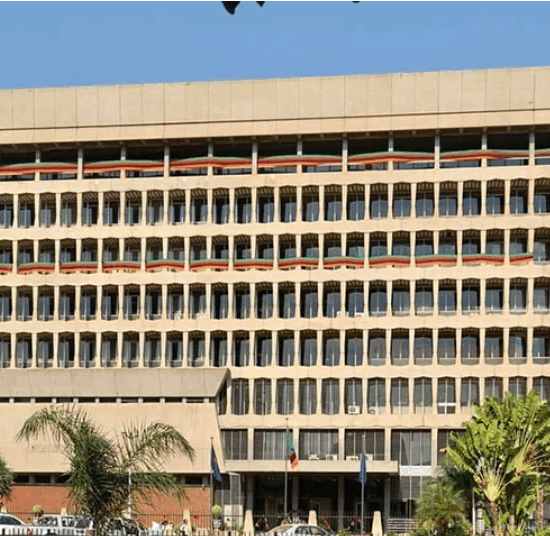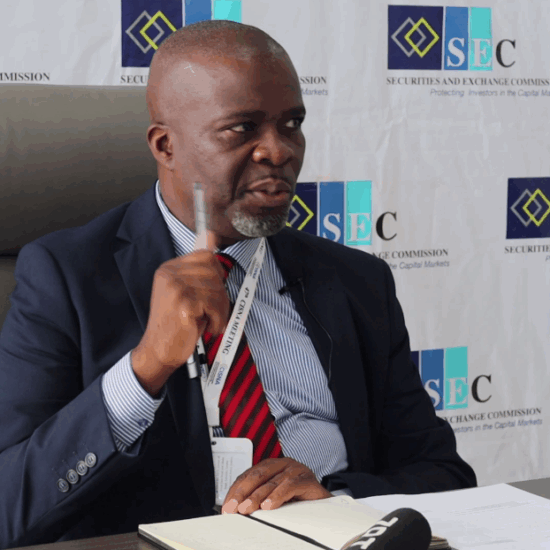
The Bank of Zambia – BOZ, which is the central bank has admitted that the impending electricity price hikes to cost reflective tariffs will pose an upside risk to inflation. Electricity tariff are expected to go up with the cost of connection fees already adjusted upwards.
Speaking during the Monetary Policy Committee announcement attended by the Zambian Business Times – ZBT, BOZ Governor Dr. Denny Kalyalya explained that there are upside risks to the inflation outlook, which include increase in crude oil prices, initial effects of implementing the transition to cost reflective electricity tariffs.
He further stated that other factors that may lead to an inflation increase are the possible lower crop production due to adverse weather conditions, lingering supply chain bottlenecks induced by the Covid-19 pandemic and tightening of monetary policies in major economies.
The Governor noted that the transition to cost reflective electricity tariffs may also have short-term effects on inflation although over the medium to long-term, this is expected to have positive economic benefits through for example increased investment, supply, and access to electricity as well as exports.
The Bank of Zambia (BOZ) has maintained the Monetary Policy Rate at 9% citing the sharp deceleration in inflation and its projected continued downward trend towards the 6-8 percent target range over the forecast period (Q1 2022-Q4 2023) as one of the key factors in arriving at the decision.
Dr. Kalyalya said inflation is projected to continue trending downwards towards the 6-8 percent target range over the forecast period, averaging 13.2 percent in 2022 and 7.3 percent in 2023.
The BOZ Governor who is also the head of the monetary policy committee said underlying the projection are mainly the catalytic benefits of securing an IMF programme such as access to budget support, reduction of the external debt burden through restructuring and unlocking investments as well as the positive impact of higer copper prices mainly through the exchange rate.
Dr. Kalyalya further said that the committee has welcomed government’s medium-term budget plan (white paper) adding that the importance of successful execution of this plan is deemed critical to the achievement of macroeconomic stability, including low inflation and a stable financial system.
He added that in January 2022, inflation fell further to 15.1 percent from 16.4 percent in December 2021 largely because of improved supply of fruits and vegetables.
Annual overall inflation declined sharply to an average of 18.9 percent in the fourth quarter of 2021 from 23.7 percent in the third quarter. This was largely driven by the appreciation of the kwacha against the US dollar and the dissipation of base effects, particularly for meat and poultry products. As a result, both food and non-food inflation declined to 24.5 percent and 12.5 percent from 30.8 percent and 15.6 percent respectively.
Decisions on the policy rate will continue to be guided by inflation forecasts, outcomes and identified risks including those associated with financial stability and the Covid-19 pandemic, BOZ reiterated.







